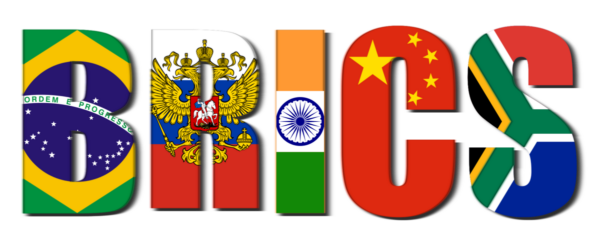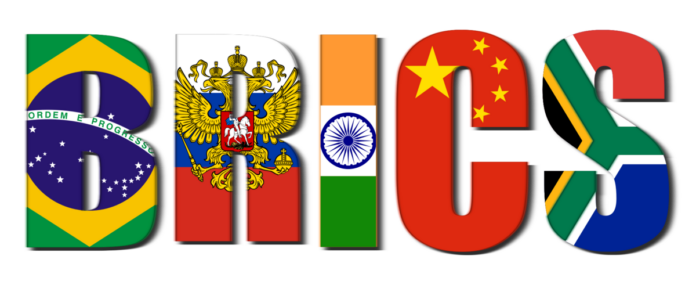President-elect Donald Trump has threatened to impose 100% tariffs on the BRICS countries if they were to create a rival currency to the US dollar.
“The idea that the BRICS Countries are trying to move away from the Dollar while we stand by and watch is OVER,” Donald Trump wrote on social media on November 30.
Major world powers China and Russia are part of the BRICS alliance, along with Brazil, India, South Africa, Iran, Egypt, Ethiopia and the United Arab Emirates.
During the US election, Donald Trump campaigned on implementing widespread tariffs. He has escalated threats of steep levies in recent days.
This latest message from the president-elect, who will take office next year on January 20, was aimed at the BRICS, a bloc of mostly emerging economies.
Leading politicians in Brazil and Russia have suggested creating a BRICS currency to reduce the US dollar’s dominance in global trade. But internal disagreement has slowed any progress.
“We require a commitment from these countries that they will neither create a new BRICS currency nor back any other currency to replace the mighty US dollar or they will face 100% tariffs and should expect to say goodbye to selling into the wonderful US economy,” Donald Trump wrote on his social media platform Truth Social.
“They can go find another sucker,” he said.
However, some Trump allies have suggested his recent announcements have been negotiation tactics, meant as more of an opening bid than a promise.
Donald Trump’s pick for Treasury Secretary, Scott Bessent, has previously suggested that the president-elect’s threats to impose major tariff hikes were part of his negotiating strategy.

A tariff is a domestic tax levied on goods as they enter the country, proportional to the value of the import. So a car imported to the US with a value of $50,000 subject to a 25% tariff, would face a $12,500 charge.
Tariffs are a central part of Trump’s economic vision – he sees them as a way of growing the US economy, protecting jobs and raising tax revenue.
He has previously claimed that these taxes are “not going to be a cost to you, it’s a cost to another country”.
This is almost universally regarded by economists as misleading.
The charge is physically paid by the domestic company that imports the goods, not the foreign company that exports them.
So, in that sense, it is a straightforward tax paid by domestic US firms to the US government.
Donald Trump imposed a number of tariffs in his first term of office, many of which have been kept in place by his successor, President Joe Biden. Economic studies suggest most of the economic burden was ultimately borne by US consumers.
